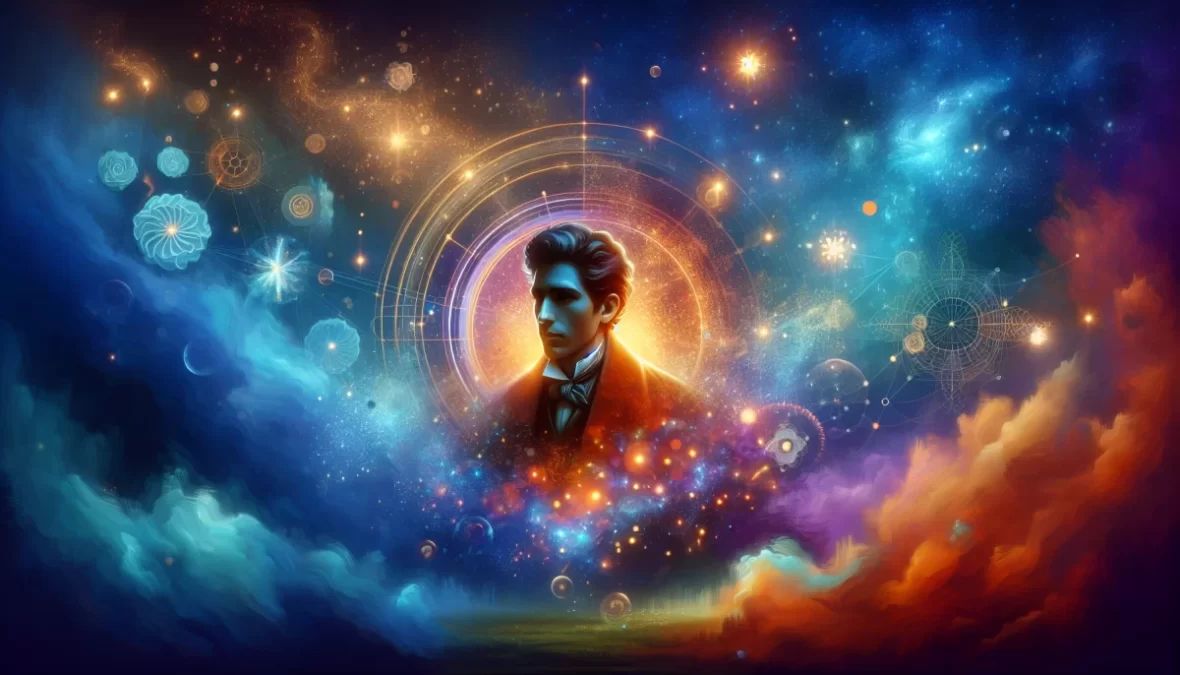Elon Musk’s intellect often sparks curiosity, with many wondering about his IQ and what it truly indicates about genius. This article explores Musk’s estimated IQ, dissects what genius means beyond traditional IQ tests, and examines how intelligence is evolving—especially in the age of artificial intelligence. By looking at historical examples, current scientific insights, and AI developments, we aim to shed light on the multifaceted nature of genius and intelligence.
Understanding Elon Musk’s IQ
Elon Musk’s IQ is commonly estimated to be around 155, placing him in the top 2% of the population. An IQ at this level suggests exceptional analytical capabilities, rapid problem-solving skills, and a strong grasp of complex concepts. These attributes align with Musk’s achievements in aerospace, electric vehicles, and neural technologies.
- IQ 155 Significance: Consistently recognized as a threshold for giftedness, top-tier IQ scores like 155 highlight advanced abstract reasoning.
- Beyond the Score: Musk has publicly downplayed the importance of IQ scores, emphasizing qualities such as creativity, perseverance, and an innovative mindset.
Indeed, Musk’s success seems as much rooted in his relentless work ethic and visionary thinking as in raw cognitive aptitude.
Rethinking Genius: More Than Just IQ
IQ tests measure specific cognitive skills like logic, math, and spatial reasoning. However, historical geniuses such as Leonardo da Vinci and Albert Einstein demonstrate that genius is multi-dimensional:
- Leonardo da Vinci: Master artist, engineer, scientist, and inventor, whose genius encompassed creativity, observation, and interdisciplinarity.
- Albert Einstein: Renowned physicist who revolutionized modern science through imaginative thought experiments and deep conceptual insights.
Both figures exemplify that true genius transcends numerical scores, involving creativity, intuition, and a flair for original thought.
Modern Examples: Physicists Paul Dirac and Richard Feynman
The lives of Paul Dirac and Richard Feynman illustrate diverse expressions of genius in science:
- Paul Dirac: Celebrated for mathematical elegance and fundamental advancements in quantum mechanics, famously stating, “It is more important to have beauty in one’s equations than to have them fit experiment.” This reflects a pursuit of underlying aesthetic truths in science.
- Richard Feynman: Known for his ability to simplify complex topics and his engaging teaching style, showing that communication and approachability are essential facets of intelligence.
These contrasting personalities prove genius can manifest through both quiet intellectual depth and flamboyant charisma.
Artificial Intelligence and the Evolution of Intelligence
The advances of AI raise compelling questions about the nature of intelligence. AI systems like GPT-4 demonstrate incredible capabilities in language understanding, creativity, and data processing. Yet, they still lack common sense, the nuanced understanding born from lived experience, which remains a core human trait.
For example, AI can process vast data about making tea but struggles with seemingly simple, contextual steps involving physical interactions — such as realizing a kettle must be plugged in. Such limitations highlight the difference between processing ability and genuine comprehension.
Can AI Surpass Human Intelligence?
Experts debate whether AI will ever truly match or exceed human intelligence. Even if AI surpasses humans in cognitive speed or memory, it remains unclear if it will possess the emotional depth, consciousness, or ethical reasoning characteristic of humans.
- Philosophical Implications: What would it mean for an AI to have “genius”? Would AI aspirations or creativity be comparable to human experience?
- Practical Reality: AI’s rapid evolution necessitates redefining intelligence to include adaptability, emotional intelligence, and ethical awareness.
Elon Musk: Brilliance, Drive, and Vision
Ultimately, Musk’s brilliance cannot be distilled to IQ alone. His distinctive traits include:
- Relentless Drive: Persistent effort and resilience in tackling complex challenges.
- Risk-taking Ability: Willingness to innovate boldly, embracing failure as a step to success.
- Visionary Thinking: Imagining and realizing ambitious projects like colonizing Mars or advancing sustainable energy.
This blend of attributes underscores a holistic view of genius, integrating intellect, creativity, determination, and leadership.
Conclusion: Embracing a Multidimensional Perspective on Genius
The exploration of Elon Musk’s IQ and historical examples illustrates that the concept of genius defies simplistic metrics. It is a rich tapestry woven from intellectual ability, creativity, perseverance, communication skills, and visionary insight.
Key Takeaways:
- IQ scores provide a snapshot but not a full picture of genius.
- Genius manifests uniquely in different individuals and fields.
- Artificial intelligence challenges and expands our understanding of intelligence.
- Drive, creativity, and the courage to innovate are critical components of genius.
As we advance further into the AI era, recognizing this complexity will enrich how we appreciate human and artificial forms of intelligence alike.
References:
- Neisser, U. et al. (1996). Intelligence: Knowns and Unknowns. American Psychologist.
- Sternberg, R. J. (2019). The Nature of Human Intelligence. Cambridge University Press.
- Lake, B. M., Ullman, T. D., Tenenbaum, J. B., & Gershman, S. J. (2017). Building machines that learn and think like people. Behavioral and Brain Sciences.

